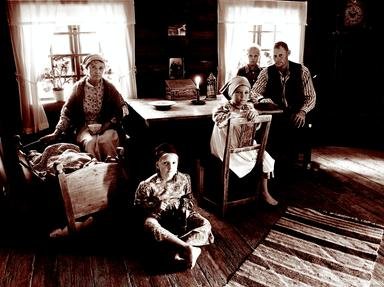Quiz Answer Key and Fun Facts
1. What name is used to describe control of an entire sector of the economy (such as railroads or telecommunications) in any given country or region?
2. Who was the owner of the company Standard Oil and ended up becoming the richest person in U.S. history?
3. Who had a monopoly of the railroad industry in most of the northeastern states of the US?
4. Andrew Carnegie had a monopoly in the steel industry.
5. What does 'to consolidate' mean in a business context?
6. What did many businesses aspire to make sure people bought their products?
7. What act was passed by Congress to try and stop monopolies and trusts?
8. In the 1860s and 70s, there were many "political bosses". They were very corrupt leaders in both government and business. Who was one of the biggest political bosses of this time?
9. Who was the most important man who drew cartoons exposing Tweed's corruption?
10. What were the people like Upton Sinclair who exposed corruption called?
Source: Author
ccollins2
This quiz was reviewed by FunTrivia editor
bloomsby before going online.
Any errors found in FunTrivia content are routinely corrected through our feedback system.

